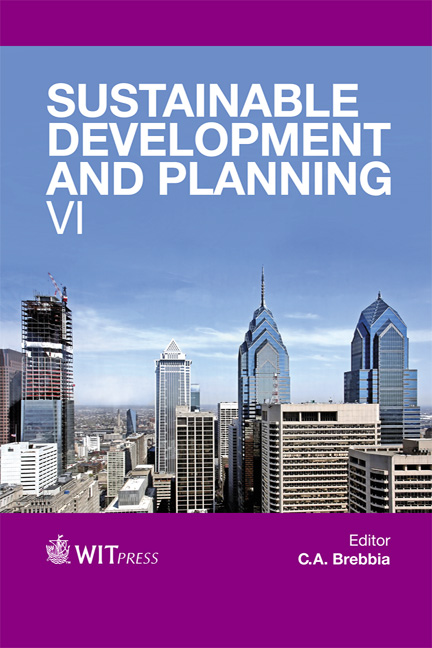An Urban Healing Agenda For Reform In Bahrain: Where The Dweller Falls Into The Urban Gap And The Sailing Boat Hits The Skyscraper
Price
Free (open access)
Transaction
Volume
173
Pages
12
Page Range
239 - 250
Published
2013
Size
679 kb
Paper DOI
10.2495/SDP130201
Copyright
WIT Press
Author(s)
F. Al Khalifa
Abstract
The change of the Arabian Gulf cities due to the sudden development in wealth after the unearthing of oil has been a subject of curiosity and concern for many years. This paper is based on a completed master’s study which investigated the effects of the discovery of oil on the urban identity of Bahrain, by examining the relationship between the old and the new in the urban fabric. The thrust of the study further focused on exploring the role of two governmental institutions, the Ministry of Culture and the University of Bahrain, in stimulating this change. Using a qualitative research approach, the study employed a number of different sources of data. The first group, including archival resources, journal and newspaper articles, in addition to the diaries and writings of Englishmen, especially those of the British advisor Sir Charles Belgrave, aimed at investigating the change in the urban fabric of Bahrain since the discovery of oil. The second group, including questionnaires and interviews, aimed at examining the consequences of this change in the work of the two governmental institutions today. The study provides a description of the change in the urban identity of Bahrain, and an understanding of how the effects of this change in shaping the lifestyle and ideologies of people living on the islands today. Some limitations in the practices of the two institutions are highlighted, and recommendations for both the Ministry of Culture and the University of Bahrain are proposed.
Keywords
urban identity, cultural change, cultural heritage, conservation, oil, Bahrain, Urbanism





